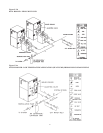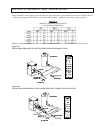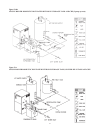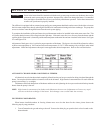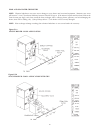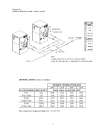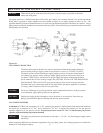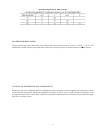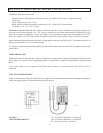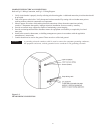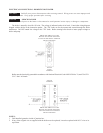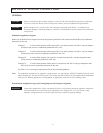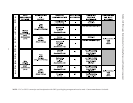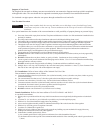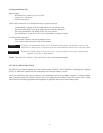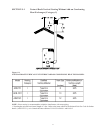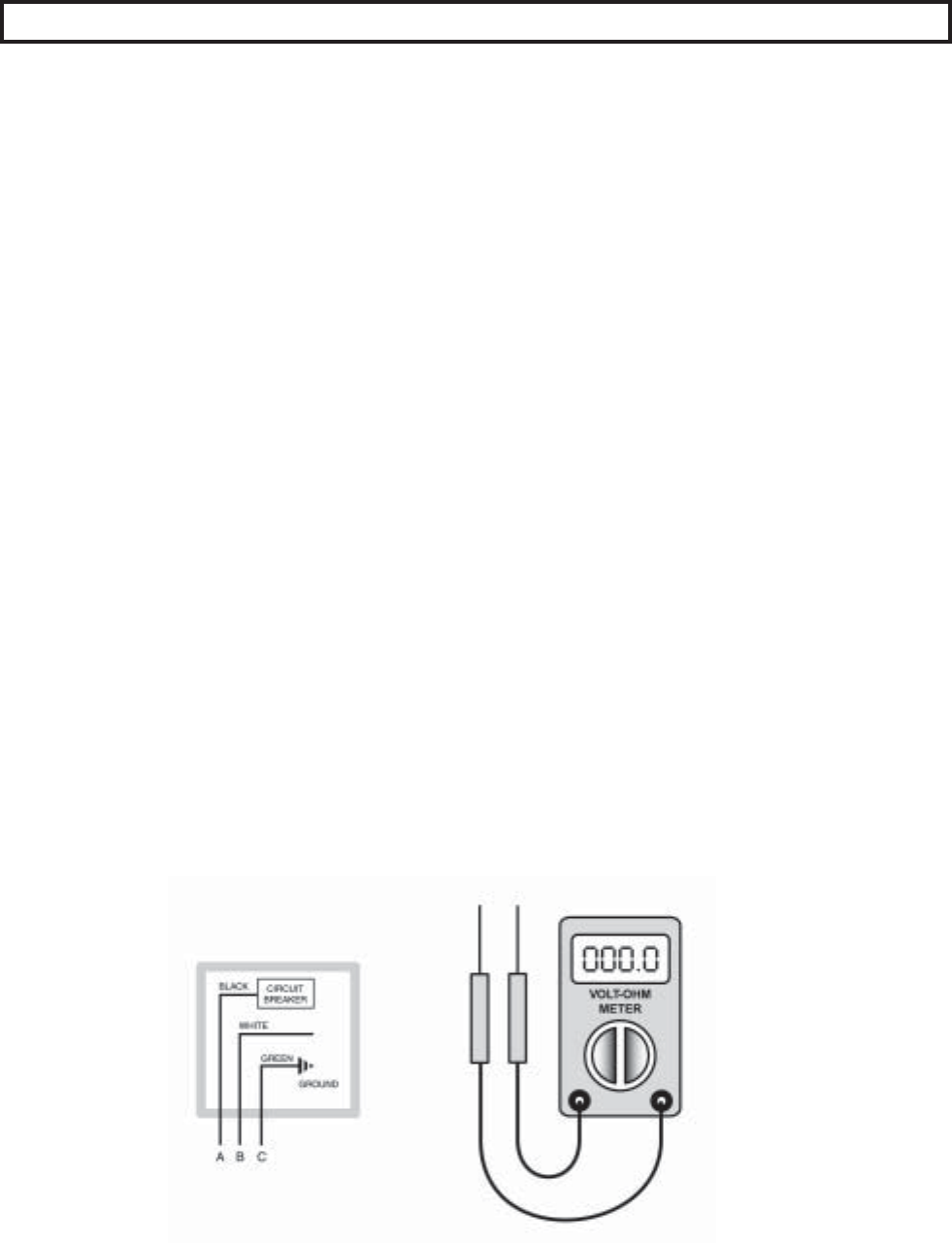
24
SECTION I: ELECTRICAL POWER CONNECTIONS
Installations must follow these codes:
· National Electrical Code and any other national, state, provincial or local codes or regulations having
jurisdiction.
· Safety wiring must be N.E.C. Class 1.
· Boiler must be electrically grounded as required by N.E.C. ANSI/NFPA 70-latest edition.
· In Canada, C.S.A. C22. 1 C.E.C. Part 1.
The boiler is wired for 120 Volts. The voltage is indicated on the tie-in leads. Consult the wiring diagram shipped with
the boiler in the instruction packet. The “TH” leads are connected to the remote tank control stat, thermostat, or elec-
tronic boiler control as applicable. 24 Volts are supplied to this connection through the boiler transformer. DO NOT
attach line voltage to the “TH” leads. Before starting the boiler check to insure proper voltage to the boiler and pump.
Install a separate disconnect means for each load. Use appropriate-sized wire as defined by NEC, CSA and/or local code. All
primary wiring should be 125% of minimum rating.
It is strongly recommended that all individually-powered control modules and the boiler should be supplied from the same
power source.
SURGE PROTECTION
Microprocessor-based and solid state controls are vulnerable to damage from voltage and amperage fluctuations in the
power supply. All sensitive control components should be protected by a suitable commercial-grade surge protection
device.
If any of the original wire as supplied with the boiler must be replaced, it must be replaced with 105°C wire or its
equivalent.
CHECK THE POWER SOURCE
Using a volt-ohm meter (VOM), check the following voltages at the circuit breaker panel prior to connecting any equipment:
Make sure proper polarity is followed and house ground is proven.
FIGURE I-1 AC = 108 Volts AC Minimum, 132 Volts MAX
CHECK POWER SOURCE AB = 108 Volts AC Minimum, 132 Volts MAX
BC = Must be less than 1.0 Volts AC
Fig # 9237



